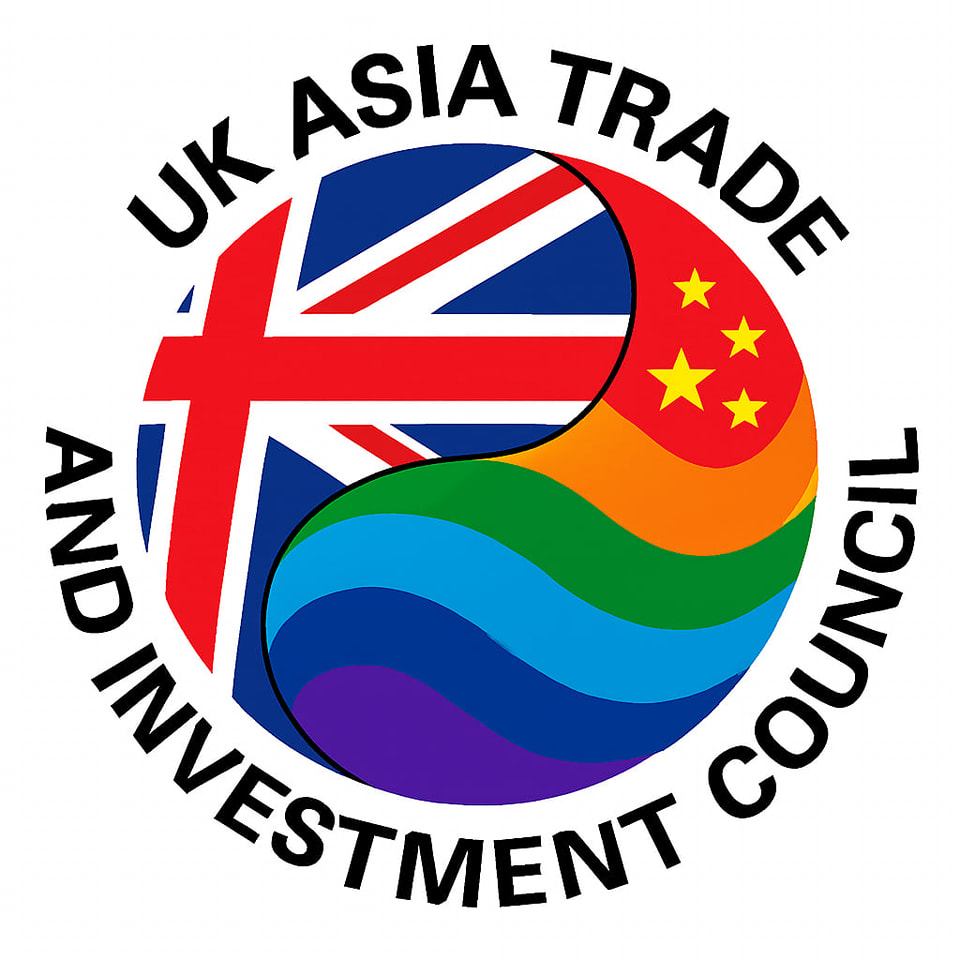LONDON: Uzbekistan has quietly but steadily emerged as a rising economic force in Central Asia, earning the moniker of a potential “economic tiger.” Over the past decade, the country has undergone a remarkable transformation, fuelled by robust economic reforms, increased trade and a surge in foreign direct investment. This growth trajectory, coupled with the shifting geopolitical landscape, positions Uzbekistan uniquely to capitalise on global and regional opportunities.
This last week marked a significant moment for Uzbekistan’s economic trajectory as it hosted the inaugural EU-Central Asia Summit in the historic city of Samarkand on April 3rd and 4th, 2025. This high-level gathering, bringing together leaders from the European Union and all five Central Asian nations, underscores the growing strategic importance of the region for the world and presents considerable opportunities for Uzbekistan’s trade, business environment and overall economy. The EU has already become a crucial partner for Uzbekistan, evidenced by the significant growth in bilateral trade, which reached €6.4 billion in 2024, a substantial increase from €2 billion in 2016.
Uzbekistan’s economic transformation has been marked by consistent growth. Over the last ten years, the country has demonstrated a robust Compound Annual Growth Rate (CAGR) of 7.7%. In 2023, the country’s GDP reached $90.89 billion in 2023, a significant increase from $60.22 billion in 2020 and marking a 12.01% increase from the previous year. Uzbekistan’s Gross Domestic Product (GDP) Projections indicate a further rise, with some estimates placing the 2024 GDP at over $100 billion.
This sustained expansion is a testament to the government’s commitment to reforms initiated in 2017, which broke away from a largely state-led and isolated economic model. Key reforms included the liberalisation of the foreign exchange rate, the removal of price controls, the end of state-run agriculture, the establishment of new energy markets, the push for state-owned enterprise (SOE) reforms and privatizations and a revamped tax system.
The nation’s foreign trade turnover also reflects this dynamism. In 2024, it grew by 3.8%, reaching $65.9 billion. Exports saw a notable increase of 8.4% to $26.9 billion, driven by key items such as gold, services, industrial goods, and food products. Ambitious plans are in place to further boost exports to $30 billion in 2025.
Investment inflows have been particularly impressive. In 2024, Uzbekistan attracted investments totaling 493.7 trillion UZS (approximately $39.03 billion USD), marking a remarkable 127.6% increase compared to the previous year. Foreign investments played a crucial role, reaching 333.8 trillion UZS ($26.39 billion USD), a 152.1% surge from 2023. These investments are strategically directed towards key sectors such as manufacturing, electricity and gas supply, and mining, indicating a focus on modernising production capacities and infrastructure.
The current global climate, characterised by the ongoing confrontation between the United States and China and regional conflicts in Ukraine, Russia, the Caucasus and Afghanistan, paradoxically presents Uzbekistan with a unique set of opportunities.
The China-US trade tensions are pushing businesses to seek alternative markets and supply chains. Uzbekistan, with its growing economy, strategic location along the Belt and Road Initiative, and increasingly business-friendly regulations, is becoming an attractive destination for Chinese investment and a potential hub for trade diversification. Bilateral trade between Uzbekistan and China reached $13.1 billion in 2024, representing around 19% of Uzbekistan’s total trade turnover, and is expected to grow further.
Similarly Secretary of State Marco Rubio recently underscored the US commitment to the C5+1 diplomatic platform, which includes Uzbekistan, Kazakhstan, Kyrgyzstan, Tajikistan and Turkmenistan. During a discussion with Uzbekistan’s Foreign Minister Bakhtiyor Saidov in February, Rubio highlighted the mutual benefits of investment in critical minerals and US civil nuclear energy technologies.
The Russia-Ukraine conflict has had a complex impact. While initially posing risks of decreased exports to Russia and reduced remittances, Uzbekistan has shown resilience. Uzbek exports have partially reoriented to other markets. Furthermore, the departure of some businesses and individuals from Russia has led to an increased demand for goods and services in Uzbekistan, particularly in sectors like IT, finance and hospitality, providing a boost to specific segments of the economy.
Uzbekistan is also actively engaging and focusing on its northern Afghanistan strategy, aiming to increase bilateral trade turnover to $3 billion and actively working on the Trans-Afghan transport corridor. This emphasis on regional connectivity positions Uzbekistan as a crucial link between Central and South Asia, potentially unlocking significant economic benefits.
The country’s efforts to mediate and maintain neutrality in regional disputes enhance its reputation as a hub for trade and investment. While challenges remain, the momentum in its economy, trade and investment, along with the unique opportunities presented by global geopolitical shifts, firmly positions Uzbekistan as a rising economic tiger in Central Asia with significant potential for further expansion and influence in the years to come.
With the United States, China and EU strategically deepening its economic engagement with Uzbekistan, a clear message emerges for other global players: Britain and key Asian economies like India and Japan cannot afford to be bystanders. Uzbekistan’s burgeoning market, coupled with its strategic location and ongoing reforms, presents a significant window of opportunity for trade, investment, and the establishment of crucial business bridges that must be seized to avoid being left behind in this evolving economic landscape.
For Britain, forging stronger economic ties with Uzbekistan offers a chance to diversify its post-Brexit trade relationships and tap into a dynamic and growing market. British businesses, renowned for their expertise in finance, technology, education and professional services, could find fertile ground in Uzbekistan’s developing economy. Investment in infrastructure projects, renewable energy initiatives, tourism and the burgeoning tech sector could yield substantial returns and solidify Britain’s presence in a strategically important region.

